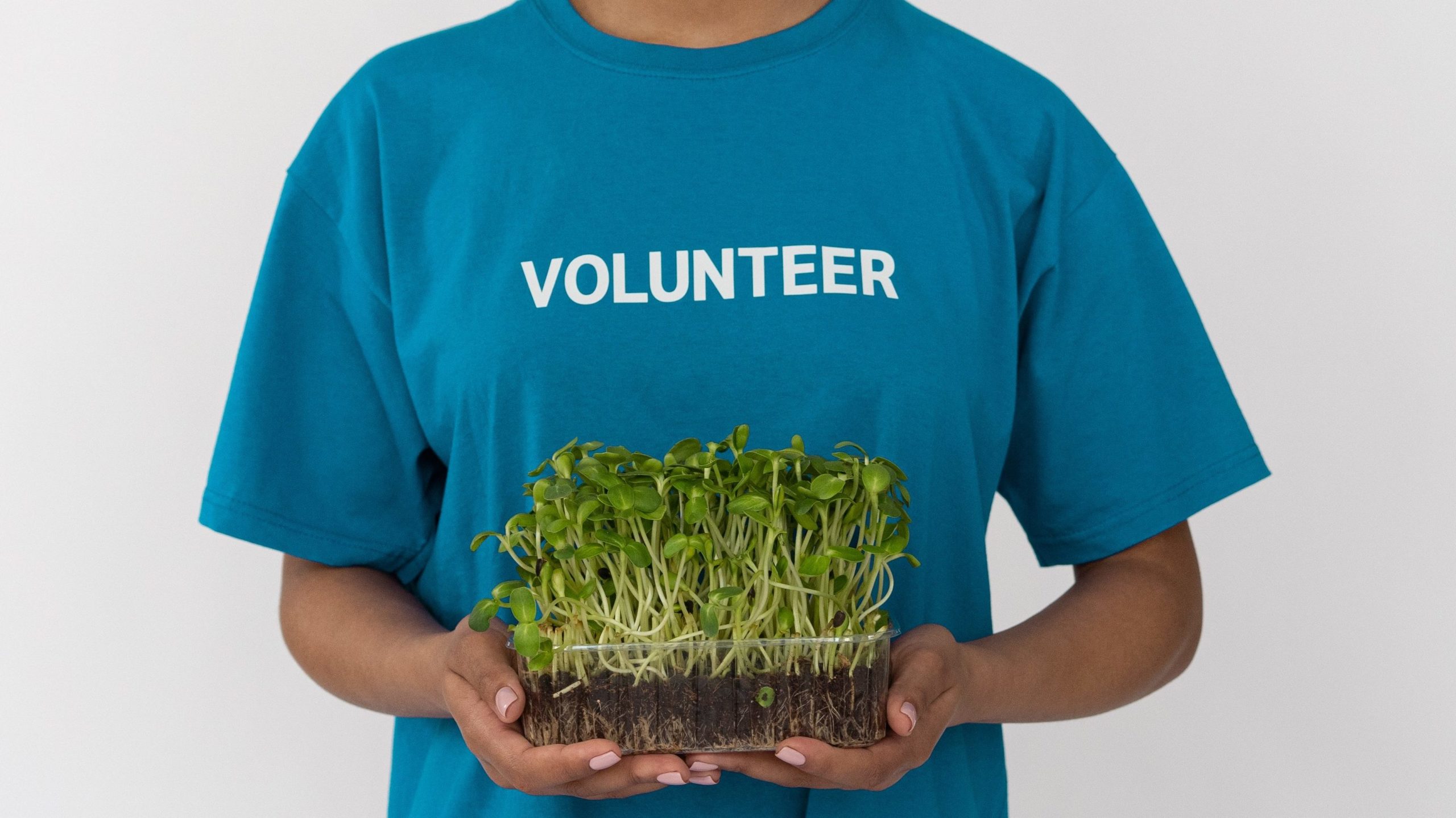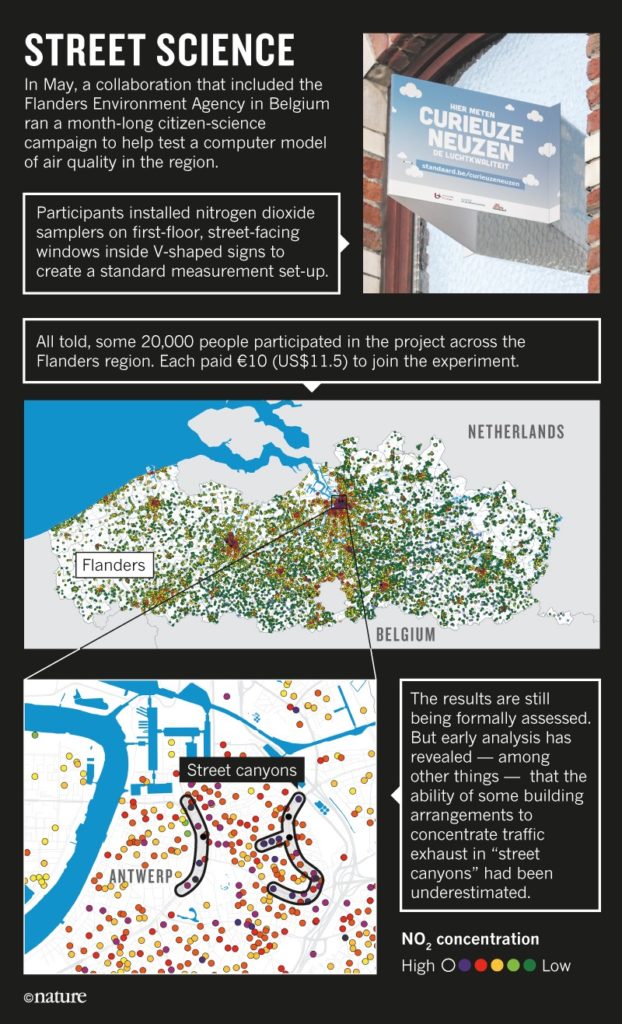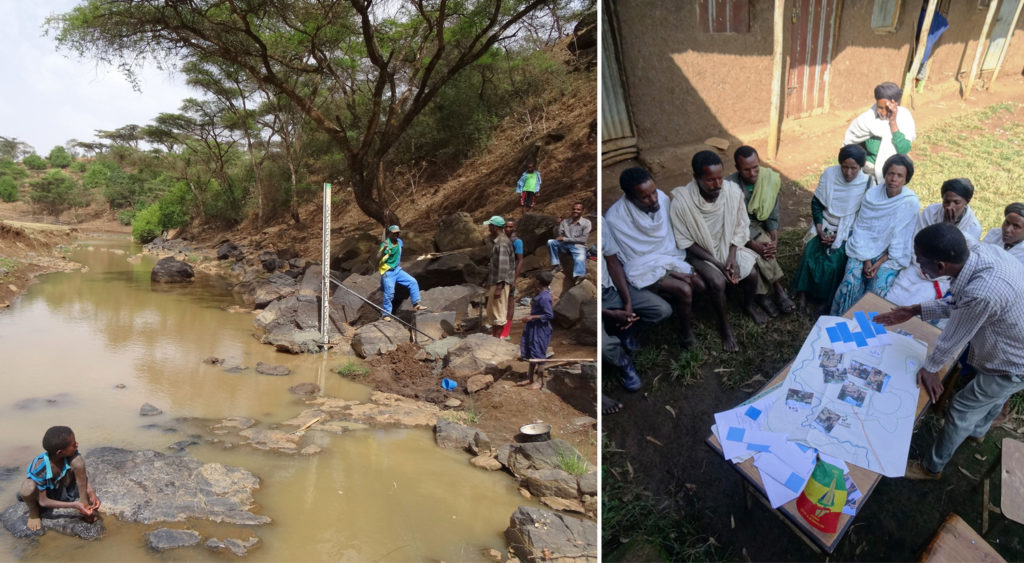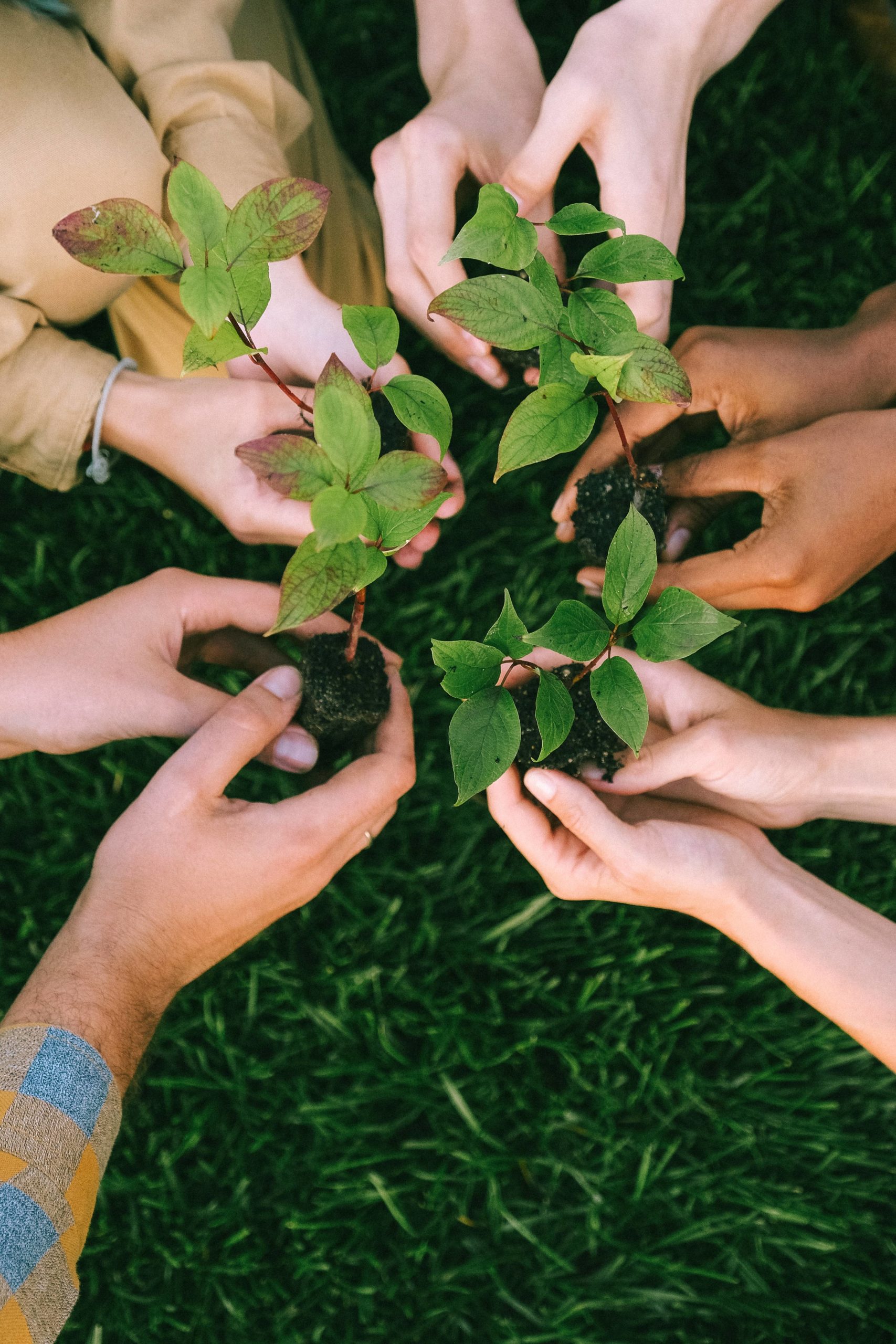You too can be a scientist and contribute to the protection of the environment. Take a step outside. Global change starts right in your backyard.
Kate Foral – TEDxUGASalon February 2021
Do you remember the excitement you felt as a child finding a bug in your own backyard, studying it with intrigue as it moved about on its weird, tiny legs across the grass or a tree? Or the wonder and awe you experienced listening to your parents and teachers answering the countless questions you asked about space, dinosaurs, why a light goes on when you flick the switch on the wall, or whatever else was occupying your eager, insatiable young mind at the time?
For many of us, that curiosity fades with age. We forget the joys of learning about the world, exploring the local park with focused detail like that of a child’s, and soon may not even take a particular interest in our broader surroundings and how everything fits together at all.
If this is you, or even if this isn’t you, I’ve got an idea of how you can reignite (or expand) your inquisitiveness: citizen science.

What is citizen science?
Citizen science is broadly defined as “the practice of public participation and collaboration in scientific research to increase scientific knowledge”. You might be a curious kid, nature lover, amateur scientist, or just someone with some time on their hands that can contribute to interesting and impactful programs in their local community. You might want to help a specific cause, or just have some fun and learn new things. Everyone is welcome!
Most commonly these scientific investigations focus on the environment, conservation, and biodiversity, as these types of projects typically require massive and widespread data collection that the researcher’s resources cannot match. However, citizen science programs are diverse and wide-reaching, so something can be found to suit all interests.
For example, in Australia, citizen scientists are teaming up with a host of experts and preparing to participate in the Big Bushfire BioBlitz. This project will help track how Australia’s native ecosystems are recovering from the devastating 2019-2020 bushfire season.
And last year, scientists called on the public to play a free online game called Foldit (a game that has been operating since 2008 to assist with crucial protein research). The objective? Players are tasked with completing science puzzles to help design and identify proteins that could be capable of binding to and neutralizing the SARS-CoV-2 spike protein that is used by the virus to invade host cells.
Technology, such as smartphone apps, is also having an impact on the accessibility and ease of citizen science. Researchers are using an app to collaborate with communities in Cameroon, Namibia, the Democratic Republic of the Congo, and Brazil to involve locals in monitoring illegal poaching, conducting tree health surveys, and protecting important resources during logging.
The benefits
To science and our understanding of the world around us
Because contributors are for the most part volunteers, citizen science is an incredibly cost-effective strategy for researchers to employ that will expedite the collection of data and cover geographical ground at a large scale.
Filip Meysman, a biogeochemist at the University of Antwerp in Belgium, told Nature Briefing that local participants in an air quality project in 2018 provided a massive 17,800 data points across one month to yield a data set that would not have been possible to obtain by other means.

The community is a vast resource that can assist important projects in a way that bypasses time and monetary constraints. Participants do meaningful work that has a genuine and valuable impact on scientific research and decision-making, keeping the experts and the general public informed on crucial issues. And in turn, those individuals become more knowledgeable, informed, and more likely to critically engage with the world in ways that can offer solutions.
Fresh perspectives coming from people all over the world can offer new and creative insights into many challenging problems confronting our world today.
Local action has a global significance.
To the individual: you!
Citizen science can help you improve your knowledge and skills, such as learning about a specific animal or plant or how to interpret data.
A research article that looked at the outcomes of using a turtle conservation citizen science app called TurtleSAT found that participants in the program “reported that the knowledge of a decline in turtle populations inspired the adoption of turtle-friendly practices”. This study illustrates how citizen science has the potential to positively change the behavior and attitudes of individuals towards their environment. This kind of human awareness is vital in the context of wildlife and environmental conservation efforts.
Projects that involve getting outside are also likely to enhance your connection with the natural world. With increased urban living and busy city lives, it is easy for us to forget that we are one living species on a planet teeming with organisms, natural forces, and systems, all working alongside and impacting one another in fascinating ways.
It is important that we appreciate the broader consequences of human activity on the earth, not only for the sake of preserving our home, but also as a way to boost our well-being. A growing body of research is showing a positive link between various nature experiences and benefits to mental health and improved psychological wellbeing. Studies further show how spending time feeling safe in nature can reduce stress. Many of us have probably experienced firsthand the comfort of walking through a park or sitting on the beach and watching nature move, away from technology and distractions, and at peace with our natural surrounds.
Participating in local projects can make you more engaged with your local area, and have a greater appreciation for the environmental systems we live amongst.

You can also participate in citizen science from your own home, in your own time, thanks to technology and the internet.
Citizen science and Indigenous knowledge
Indigenous cultures have a rich history of thought and knowledge on environmental and social sustainability. Looking to both scientific and Indigenous knowledge and practice, and feeding collaboration with both areas, can enhance our collective wisdom and better inform our approaches to environmental management for reaching a sustainable future.
In Australia, Aboriginal and Torres Strait Islander people have lived for an estimated 65,000 years on the land. This longevity and resilience hallmark a remarkable ability to adapt to environmental changes and conditions. As such, consultation with indigenous populations should be viewed as an incredibly valuable tool in helping us confront environmental concerns and the challenges we face today such as climate change and sustainable development.
Partnerships between citizen science and indigenous and local peoples are one way to provide a way for indigenous knowledge and expertise to be harnessed, and local voices to be heard.
The knowledge of Indigenous peoples continues to provide key information to protect the resources of the Mother Earth, and to create opportunities for climate change adaptation and mitigation actions across diverse ecosystems.
Johnson Cerda (indigenous Kichwa from the Ecuadorian Amazon), Conservation International
How to get involved
So, are you interested? Want to know how you can become a citizen scientist?
The below links are a great place to start. Browse the websites to find a project that interests you, to participate in your own time, and begin your citizen science journey!
Participating in citizen science will help you appreciate how all our actions have consequences. It provides each and every one of us with an opportunity to learn more about the world, and share the power of connected knowledge. And it provides communities with new skills and networks of teams with the ability to monitor and protect their local environment. As Kate Foral said, global change starts right in your backyard.


